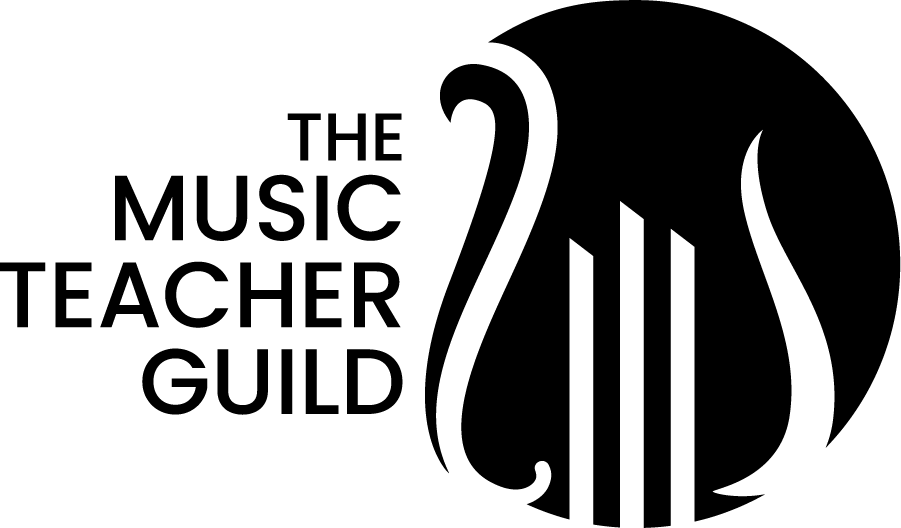Effective Job Search Strategies for Music Teachers
Job hunting as a music teacher is more than just scrolling through job boards—it's an art in itself. With the competition for teaching positions growing, standing out can feel like a performance of its own. Whether you’re fresh out of college or looking to switch schools, navigating the landscape of music teacher job search resources is crucial. This guide will walk you through the most effective strategies for crafting a compelling resume, expanding your network, and preparing for those all-important interviews, helping you hit the right notes on your path to landing the perfect music teaching job.
Introduction: Navigating the Music Teacher Job Market
Job hunting as a music teacher is more than just scrolling through job boards—it's an art in itself. With the competition for teaching positions growing, standing out can feel like a performance of its own. Whether you’re fresh out of college or looking to switch schools, navigating the landscape of music teacher job search resources is crucial. This guide will walk you through the most effective strategies for crafting a compelling resume, expanding your network, and preparing for those all-important interviews, helping you hit the right notes on your path to landing the perfect music teaching job.
Building an Effective Resume and Cover Letter
Tailoring Your Resume for Music Teaching Roles
Your resume is often the first impression a potential employer has of you, so it’s crucial to make it count. As a music teacher, highlight your relevant teaching experience, performance skills, and any certifications that show your commitment to the field. Use bullet points to showcase your achievements—such as leading student performances or developing new curricula—while keeping the information clear and concise.
Pro Tip: Tailor your resume for each job application. Schools are looking for candidates who fit their specific needs, so emphasize experiences that align with the job posting.
Crafting a Cover Letter That Stands Out
A well-crafted cover letter is your opportunity to show your passion for music education and explain why you're the perfect fit for the role. Avoid generic templates, and instead, focus on how your specific experiences align with the school’s needs. Mention your approach to teaching, your philosophy on music education, and how you engage students of varying skill levels. Personalizing your cover letter can make a world of difference in standing out.
Expanding Your Network
Using Professional Associations and Online Groups
When searching for music teacher job openings, your network can be one of your most valuable resources. Joining organizations such as the National Association for Music Education (NAfME) or the Music Teachers National Association (MTNA) can open doors to networking events, exclusive job listings, and mentorship opportunities. These groups often have local chapters where you can connect with fellow educators.
Online groups are equally important. Facebook groups and LinkedIn communities geared towards music educators provide a space to share job openings, ask questions, and build relationships that can lead to future opportunities.
Attending Music Education Conferences and Workshops
Attending conferences like NAfME or MTNA events is a fantastic way to network with other music educators and administrators. Many of these conferences also offer job boards or in-person interviews for schools looking to hire. Even if you're not actively searching, staying visible in these circles keeps you informed about industry trends and future opportunities.
Exploring Job Search Platforms for Music Teachers
Top Websites for Music Teacher Job Listings
Beyond networking, using specialized job platforms can significantly streamline your search. The following websites are excellent resources for finding music teaching positions:
SchoolSpring – A widely-used platform for K-12 teaching positions, including music education roles.
K12JobSpot – Another excellent resource for music educators seeking positions across the U.S.
HigherEdJobs – Ideal for those looking for positions at the collegiate level.
Indeed and Glassdoor – Broader job search platforms where you can set up job alerts for music teacher positions.
Pro Tip: Many job boards allow you to filter for specific roles like band director, choir teacher, or general music educator, saving you time during your search.
Leveraging Social Media for Job Opportunities
Social media isn’t just for sharing your latest concert photos; it’s also a valuable tool in your job search. Follow school districts, professional associations, and education recruiters on platforms like LinkedIn, Twitter, and Facebook. Many schools post job openings directly on their social media pages before listing them on job boards. Engage with these posts and even reach out directly to hiring managers for inquiries—it shows initiative.
Preparing for Interviews and Auditions
Common Interview Questions for Music Teachers
Interviews for music teaching positions often blend standard educational questions with music-specific ones. Be ready to answer questions like:
"How do you handle varying skill levels in your classroom?"
"What’s your approach to preparing students for performances?"
"How do you integrate technology into your music curriculum?"
Preparation is key. Practice answering these questions in a way that demonstrates your classroom management skills, your passion for music education, and your ability to connect with students.
Preparing a Demo Lesson or Performance
In addition to a formal interview, many schools require a demo lesson or performance. This is your chance to shine! For a demo lesson, focus on engaging the students from the start and showcasing your unique teaching style. For a performance, choose a piece that highlights your skills while keeping it relevant to the job—if you’re applying for a choral director position, for example, lead a rehearsal or perform a choral arrangement.
Long-Term Strategies for Career Growth
Continuing Education and Certification Opportunities
To stay competitive, especially in a niche field like music education, professional development is key. Consider pursuing advanced certifications like Orff-Schulwerk, Kodály, or Dalcroze, which can make your resume stand out. Schools often look favorably on teachers who are constantly learning and bringing fresh approaches to their classrooms.
Staying Active in the Music Community
Beyond formal qualifications, staying involved in your local or regional music community can enhance your job prospects. Volunteer at local music programs, lead workshops, or participate in community performances. Schools often look for teachers who are active in their communities and who bring that level of dedication to their teaching.
Conclusion: Stay Focused and Persistent
The job search process can be daunting, but by focusing on the right strategies and utilizing the best music teacher job search resources, you’ll find yourself well-positioned to land a role that fits your passion. Remember, the key to success is persistence—stay active in the music community, keep honing your skills, and maintain a proactive approach to your job hunt. Your next great teaching opportunity might be just around the corner.

